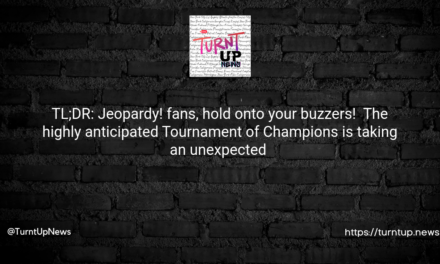Miss Italy’s 🔥 Hot Take on Beauty Pageants: Born This Way Only? 🚫🏳️⚧️
TL;DR: Miss Italy pageant doubles down on rules, banning transgender contestants. Meanwhile, the Miss Netherlands pageant crowns a transgender winner for the first time. What’s the real definition of beauty? 👸🧐
In a world where beauty standards are ever-evolving, and gender fluidity is becoming more widely recognized and celebrated, one might expect beauty pageants to be on the forefront of embracing this change. But is that the case everywhere? 🌍
Miss Italia’s recent decision to firmly rule out transgender contestants from their platform has sparked quite the chatter. “You must be a woman from birth,” they stress. But what about Rikkie Valerie Kolle, the 22-year-old sensation who recently took home the Miss Netherlands crown? Yup, she’s a transgender beauty, the first ever in the pageant’s history! 🎉
During an Italian radio interview, Patrizia Mirigliani, the grand dame behind Miss Italy, raised eyebrows, suggesting that beauty pageants, in general, have been chasing headlines with some “absurd” strategies. Interestingly, Miss Italy’s rules have apparently always carried the ‘woman from birth’ specification, even before the wave of gender transformations became a global conversation. 📻💬
While some see this as a genuine preservation of the pageant’s traditions, others view it as a missed opportunity to reflect today’s evolving perspectives on beauty and identity. 👀💅
On the flip side, over in the Netherlands, the air was filled with applause and cheers as Rikkie Valerie Kolle, after beating out numerous contestants, was crowned by the previous winner, Ona Moody, and the USA’s reigning Miss Universe, R’Bonney Gabriel. The historic win celebrates diversity, challenges gender norms, and surely adds another layer to the ongoing conversation about what true beauty really means. 🌷👑
Yet, with all this excitement and progression in some parts of the world, the divide becomes more noticeable. Are pageants, which often promote values of diversity and inclusivity, sending mixed signals? Is beauty an ever-changing landscape, or should there be some consistent criteria? 🤷
And while some folks are clapping 👏 for Miss Netherlands, others are scratching their heads 🤔 over Miss Italy’s decision.
Discussion-worthy Question: As beauty pageants strut into the 21st century, should they redefine beauty standards to be more inclusive, or preserve tradition? What’s your take? 🗣💭





